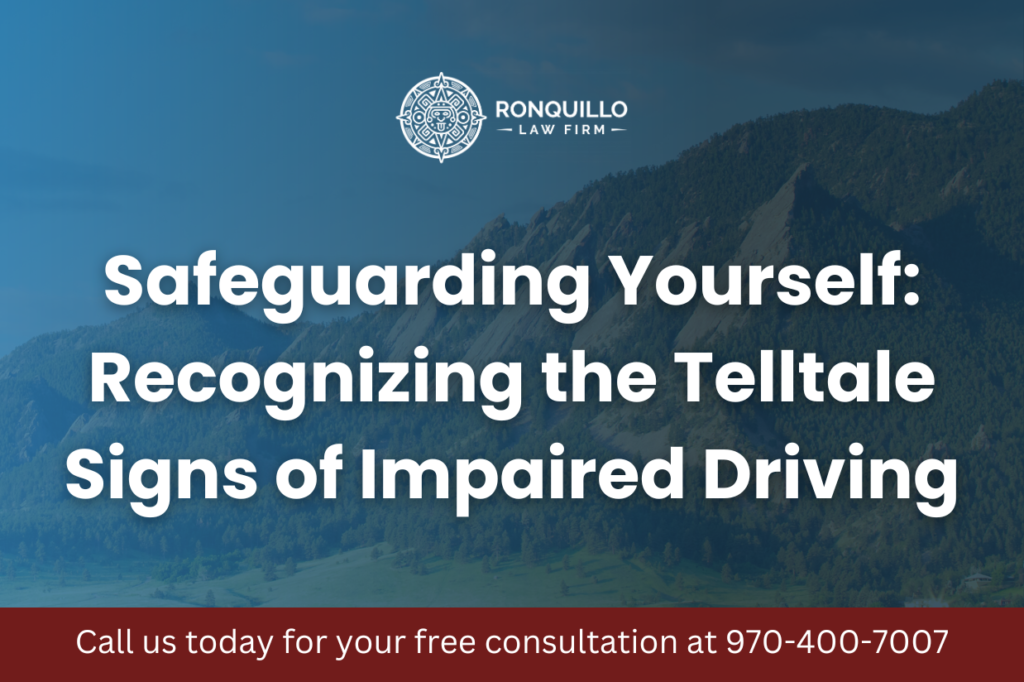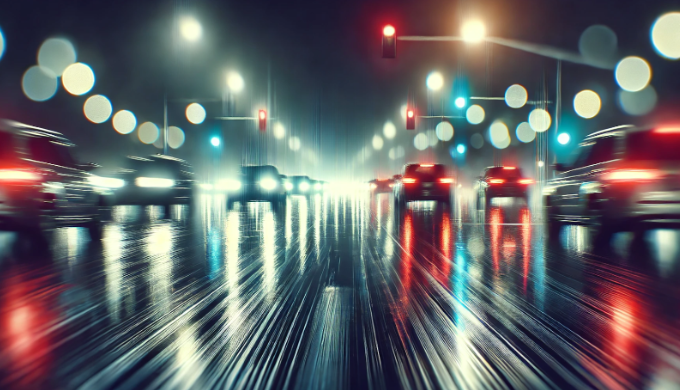One of the best ways to avoid danger from drunk drivers is to reduce your time on the road during the evening and late at night. Statistics show that most alcohol-related crashes happen after sunset when more drunk drivers are on the road. If you can, plan your travel so that you don’t have to drive at night.
However, if you can’t avoid driving after dark, it’s important to stay alert and be on the lookout for signs that a driver might be impaired by alcohol or drugs.
Exercising Caution During Holidays and Special Events
Certain times of the year, especially big holidays and events, are known for having more impaired drivers on the road. Holidays like New Year’s Eve, Christmas, Thanksgiving, the Fourth of July, Memorial Day, and Labor Day all have a higher chance of encountering drunk drivers.
In addition to these holidays, the days leading up to them can also be dangerous. People may drink too much at parties or celebrations and decide to drive afterward.
Major sports events like the Super Bowl, World Series, NBA Finals, or March Madness can also lead to more drunk driving. The excitement and celebration around these events often include heavy drinking, and some people make poor decisions about driving.
Adopting Defensive Driving Techniques
When driving during risky times, it’s important to use defensive driving techniques to keep yourself and others safe. One tip is to stay in the right lane whenever possible. This gives you more time and space to react if a drunk driver suddenly swerves or makes an unexpected move.
Also, keep a safe distance from the car in front of you. This extra space allows you to brake or change lanes if you see another driver behaving erratically. This buffer can help reduce the risk of an accident caused by a drunk driver.
Recognizing the Warning Signs
Even if you’re careful, you might still come across impaired drivers on the road. Recognizing the signs of impaired driving can help you take action and avoid a potential crash. Here are some common signs:
- Erratic Speed Changes: Drivers who suddenly speed up or slow down without reason may be impaired.
- Tailgating: Drunk drivers often follow too closely because they can’t judge stopping distances well.
- Weaving or Zigzagging: Impaired drivers often can’t keep a straight line and may drift across lanes.
- Driving Off the Road: In severe cases, impaired drivers may veer off the road onto sidewalks, medians, or other areas they shouldn’t be driving.
- Near-Collisions: Almost hitting other cars, objects, or curbs is a clear sign of impairment.
- Erratic Braking: Slamming on brakes suddenly or braking without a clear reason can be a sign of a drunk driver.
- Lane Drifting: Failing to stay in a lane, drifting without signaling, or straddling lane markers are common behaviors of impaired drivers.
- Improper Signaling: Using turn signals incorrectly or not at all is another sign that a driver might be impaired.
- Delayed Reactions: Slow responses to traffic signals or the actions of other drivers can indicate impaired judgment.
- Nighttime Driving Without Headlights: Driving at night without headlights is a common mistake made by impaired drivers.
- Swerving or Overcorrecting: Sudden swerves or overcorrections can show that the driver is not in control.
- Unusually Slow Speeds: While we often think of drunk drivers as speeding, some may drive very slowly, which is also dangerous.
- Illegal or Dangerous Maneuvers: Making illegal turns, driving on the wrong side of the road, or other unsafe actions are signs of severe impairment.
It’s important to remember that seeing just one of these signs doesn’t always mean the driver is impaired, but seeing several together should raise your concern and lead you to take precautions.

Responding Appropriately to Suspected Impaired Drivers
If you see a vehicle showing multiple signs of impaired driving, it’s best to stay back and call the police. Provide as much information as you can, like the car’s description, license plate number, and the specific behaviors you noticed.
It’s very important not to try to stop or confront the driver yourself, as this could be dangerous. Let law enforcement handle the situation—they are trained to deal with impaired drivers safely.
By staying alert, being careful, and knowing what to do when you spot an impaired driver, you can help keep the roads safer and potentially prevent accidents caused by drunk drivers.
Seeking Legal Guidance After a DUI-Related Accident
Even if you do everything right, you can still be involved in an accident caused by a drunk driver. If this happens to you or a loved one, it’s important to seek help from a DUI injury attorney. These lawyers specialize in cases involving impaired drivers and understand the complex laws and regulations around these accidents.
A skilled attorney can guide you through the legal process, protect your rights, and help you get fair compensation for your injuries or damages. They can also help gather evidence, like breathalyzer results and police reports, and advise on what to do after the accident, such as taking photos of the scene or talking to witnesses.
Contact the Ronquillo Law Firm for a Free Consultation
If you or a loved one has been involved in an accident caused by an impaired driver, the Ronquillo Law Firm is here to help. Our experienced attorneys specialize in DUI-related cases and can provide the guidance and support you need to navigate the legal process. We are dedicated to protecting your rights and ensuring you receive the compensation you deserve. Contact the Ronquillo Law Firm today for a free consultation and take the first step toward justice and recovery.
Conclusion
Impaired driving is a major risk to everyone on the road. By knowing the signs and taking steps to protect yourself, you can reduce the chances of a dangerous encounter. If you are involved in an accident with a drunk driver, seeking legal help can be crucial in recovering and getting the support you need.
Remember, your awareness and quick actions can make all the difference between staying safe and being involved in a serious accident. If you or someone you care about has been hurt by a drunk driver, don’t hesitate to contact a DUI injury attorney to help you through the legal challenges and ensure you receive the compensation you deserve.
FAQs
To reduce the risk of encountering drunk drivers, try to avoid driving during evening and late-night hours, as most alcohol-related crashes happen after sunset. Planning your travel during daylight hours can help keep you safer on the road.
Holidays like New Year’s Eve, Christmas, Thanksgiving, the Fourth of July, Memorial Day, and Labor Day, as well as major sports events like the Super Bowl and NBA Finals, often involve heavy drinking. During these times, there is a higher chance of encountering impaired drivers on the road.
To stay safe, use defensive driving techniques such as staying in the right lane for more reaction time, keeping a safe distance from the car in front of you, and being prepared to react to sudden changes in traffic caused by impaired drivers.
Common signs of impaired driving include erratic speed changes, tailgating, weaving between lanes, driving off the road, near-collisions, erratic braking, lane drifting, improper signaling, delayed reactions, driving without headlights at night, swerving or overcorrecting, unusually slow speeds, and making illegal or dangerous maneuvers.
If you suspect a driver is impaired, keep a safe distance and call the police. Provide as much information as possible, such as the vehicle’s description, license plate number, and the behaviors you observed. Do not try to stop or confront the driver yourself—let law enforcement handle it.
After a DUI-related accident, gather evidence such as photos of the scene, witness statements, and any police or medical reports. Contact a skilled DUI injury attorney who can guide you through the legal process, protect your rights, and help you get fair compensation.
The Ronquillo Law Firm specializes in DUI-related cases and can provide the guidance and support needed to navigate the legal process. They can help you understand your rights, gather evidence, and advocate on your behalf to ensure you receive the compensation you deserve. Contact them today for a free consultation.


